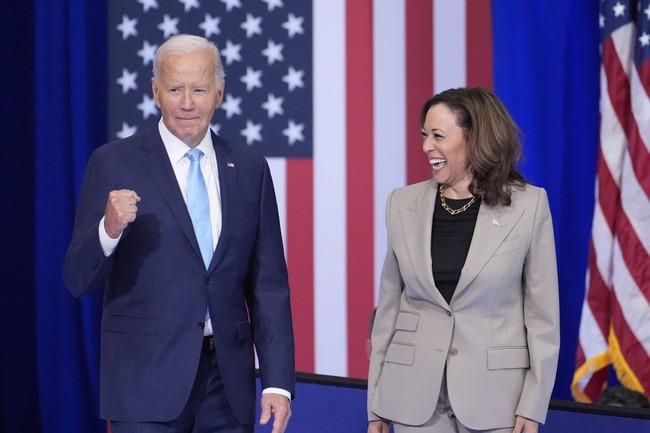
Shaere To Alt-Tech
This article was originally published on Blaze Media. You can read the original article HERE
The phrase "all politics is local" has been a staple in American political discourse for nearly a century. Although people still use this saying today, the reality has shifted. National politics now often drive local politics, and this dynamic is accelerating.
House Speaker Thomas “Tip” O’Neill (D-Mass.) popularized the phrase in the 1980s, though it originated in the 1930s when more Americans began living in urban rather than rural settings. At that time, major media outlets, let alone the internet and smartphones, did not exist.
In the era of mass media, political parties that effectively frame the national debate often win elections.
Today, more than 80% of Americans live in urban settings where mass media is everywhere. In the last 70 years, we have transitioned from radio to television (first network, then cable, then streaming), and then to the internet and smartphones. Rather than remaining isolated, events in New York, Washington, D.C., or even Maine now reach the living rooms and smartphones of Americans everywhere, instantly.
This dramatic change in technology has profoundly transformed our lives and radically altered the landscape of politics as we once knew it.
The most significant shift occurred with the advent of national television in the 1970s. Before this period, government spending in American history increased gradually, except during the 1930s due to World War II and the Great Depression. However, as network television transitioned from a luxury to a household staple in the 1970s, government spending surged, as illustrated in the chart below.
Each new advancement in the transmission of “news,” from the internet to our smartphones, has further accelerated the rate of government spending.
For example, during the George W. Bush presidency, Hurricane Katrina struck, and many in the mass media criticized President Bush for his perceived inaction and lack of empathy. In response to these media stories, and amid significant political unrest, billions of dollars were quickly appropriated. Years later, when a hurricane hit Texas during the Trump presidency, the appropriation of billions occurred without a peep. By then, politics were driven nationally, not locally.
Today, the issues driving American politics — such as the border, crime, homelessness, “wokeness,” climate issues, foreign policy, inflation, and the trials of political figures — are firmly embedded in our national discourse. National political parties and their politicians are compelled to take positions on these issues, even if they would prefer to focus on local concerns.
Another indication of the national nature of politics today can be seen in polling.
In 2022, U.S. News and World Report published an essay titled “The United States of Anxiety.” The following year, CBS News reported on rising climate anxiety among youth, citing a poll in which 89% of young Americans ages 16 to 25 expressed varying levels of concern about climate change. Only 9% were not worried, leaving virtually no respondents undecided or unsure.
The widespread nature of these opinions shows that these issues are not merely local topics. Instead, they are driven nationally by the media, government, and public schools.
Consider the transgender issue, which now permeates American politics and media but was barely present in the national debate seven years ago. States and schools across the country are now addressing this issue. How did it spread so rapidly and become a national issue? In a word, technology. Specifically, the national debate is shaping local responses.
Finally, special elections for Congress and state legislatures increasingly draw vast national attention and funding. Local elections have effectively become national events. The societal implications of technology and the nationalization of politics are profound.
Just as profound are the changes in society’s morals and traditions, greatly accelerated by technology and the nationalization of issues. Views that were stable for generations, such as those on marriage, now shift within years. For example, Barack Obama and Joe Biden campaigned against gay marriage in 2007. Today, gay marriage is not only legally accepted but is also becoming a cultural norm.
As for the consequences, American historian Will Durant warned that tradition is to society what memory is to the individual. If a person’s memory is lost, he loses his sanity. Consistent with Durant’s warning, the speed with which American society is changing is producing anxiety and worse.
In the era of mass media, political parties that effectively frame the national debate often win elections. As the nationalization of issues and the size of government continue to grow, it seems that increasingly, politics may become predominantly national rather than local.
This article was originally published by Blaze Media. We only curate news from sources that align with the core values of our intended conservative audience. If you like the news you read here we encourage you to utilize the original sources for even more great news and opinions you can trust!











Comments